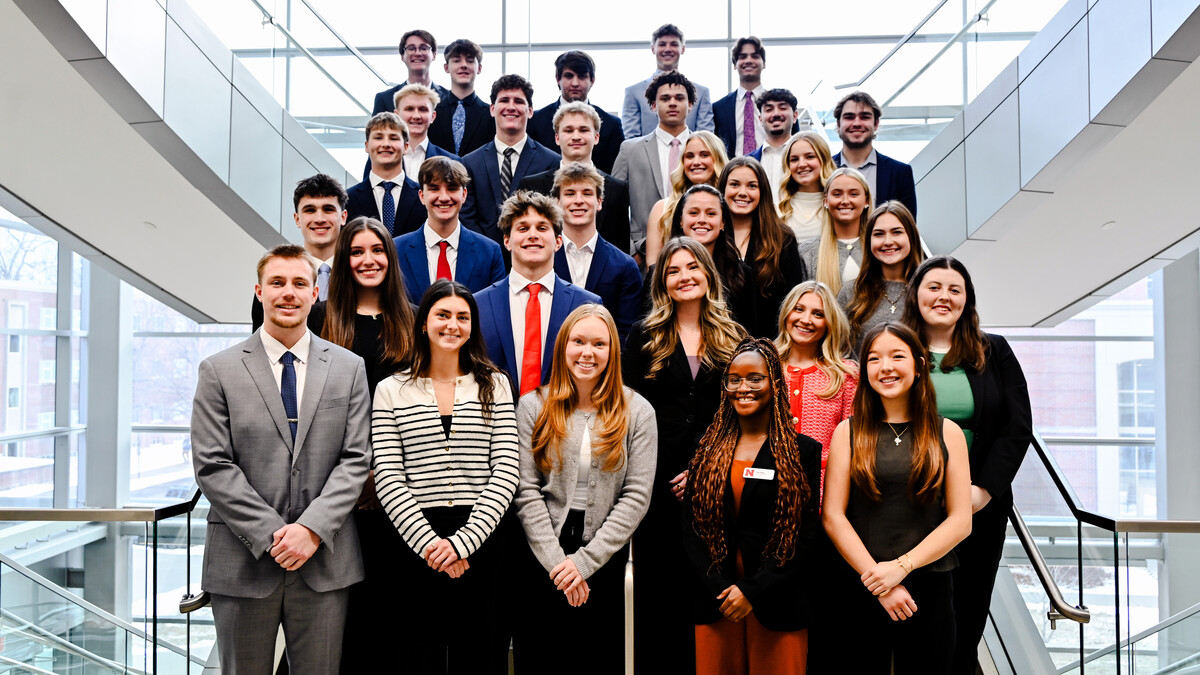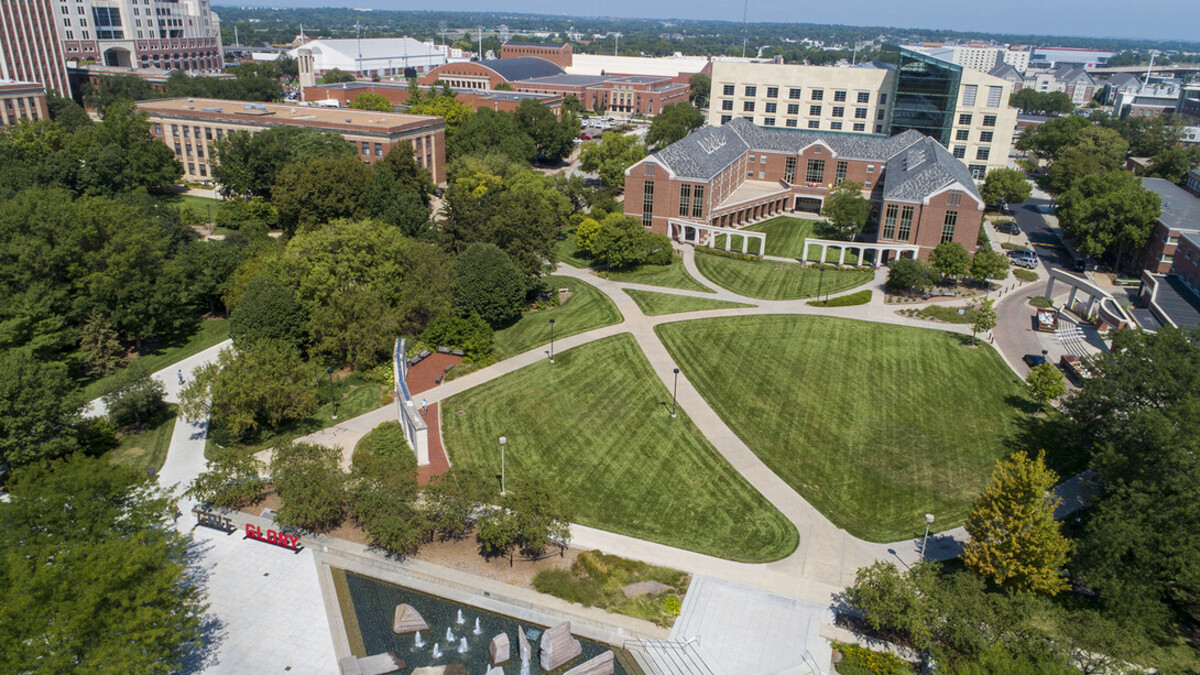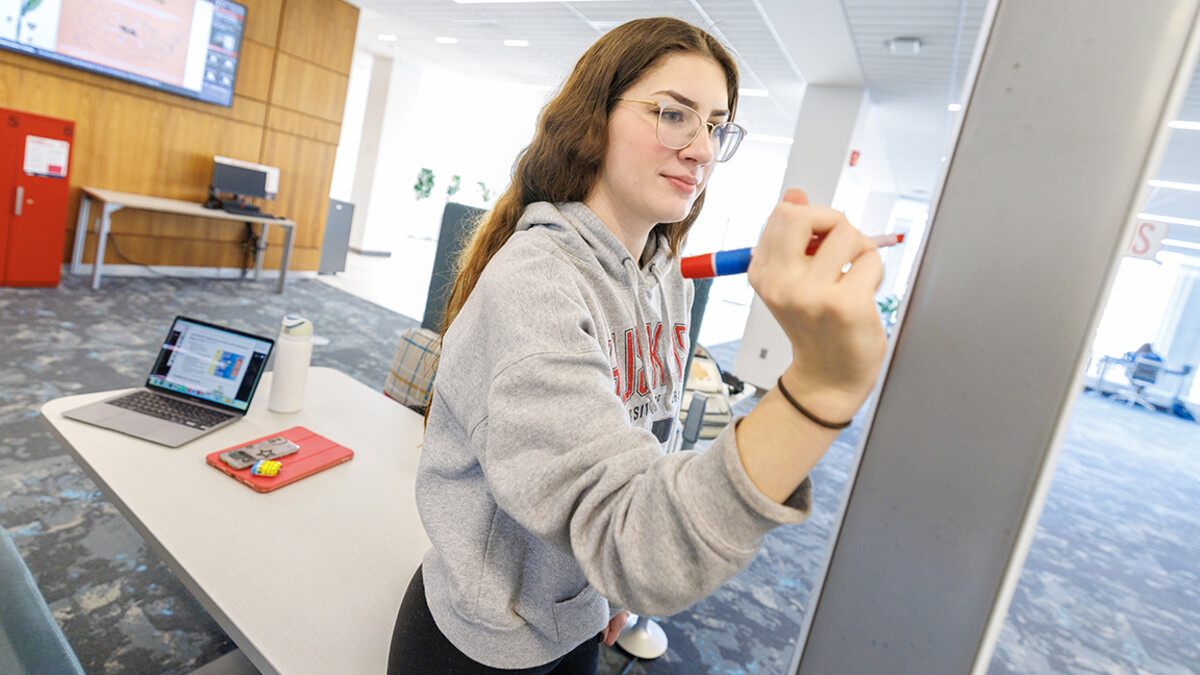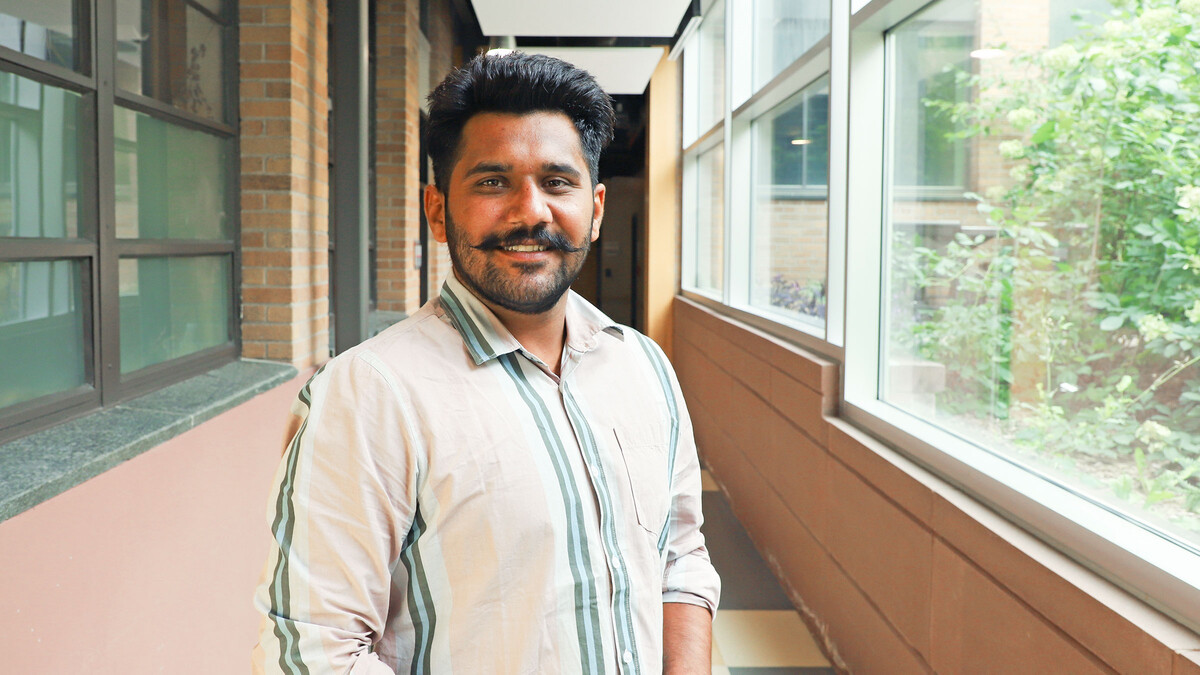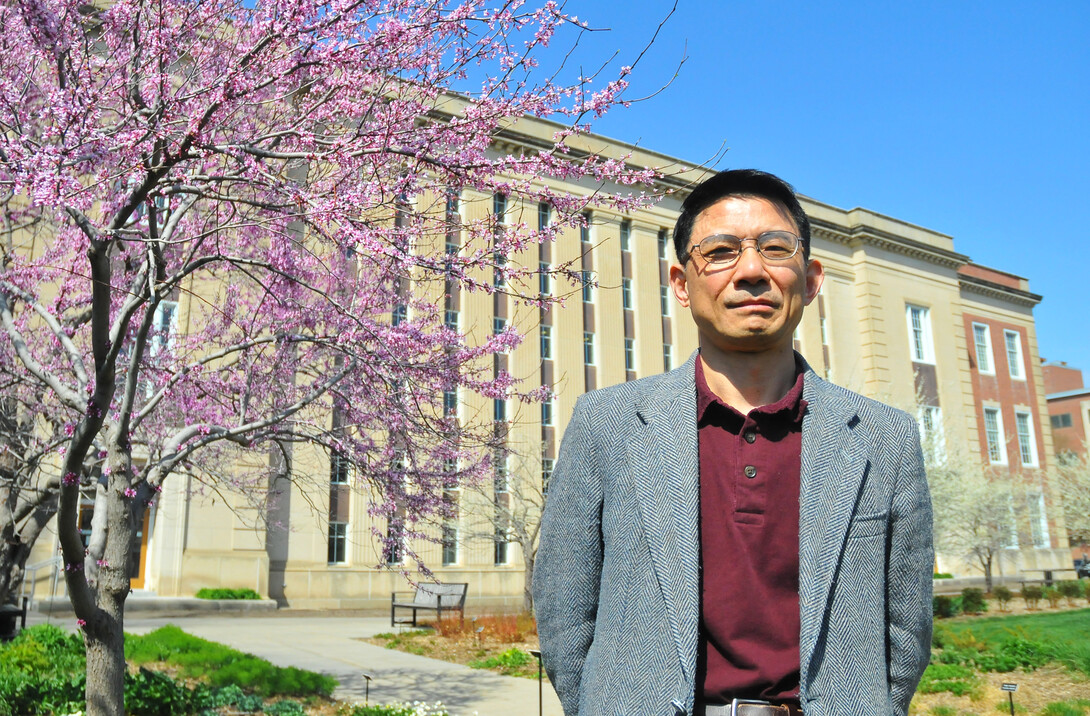
Suping Lu, professor in the University Libraries and liaison librarian for economics, political science and law, is continuing his quest to uncover eyewitness accounts of the atrocities and aftermath of the Nanjing massacre. The research will be featured in his forthcoming and ninth book.
Lu’s book features the papers of four faculty members from the United States, Canada and China who worked at the American Missionary College in Nanjing in 1937-38. The publication will contain letters, diary entries and a memoir.
The Nanjing Massacre began Dec. 13, 1937, when Japanese troops captured the city. The Japanese soldiers were turned loose and committed atrocities toward disarmed Chinese soldiers and civilians. Wholesale looting and systematic burnings followed. More than 200,000 civilians and prisoners of war were killed in and around Nanjing during the first six weeks of the Japanese occupation.
Lu’s books on the massacre have received interest from the Chinese academic and public community because they contain the eyewitness accounts of the occupation from those other than Japanese or Chinese citizens. These third-party accounts are seen as objective and considered more reliable in revealing what took place.
In 2013, about 40 newspapers wrote articles or reviewed Lu’s book, “American Diplomats’ Record: Japanese Atrocities and the Aftermath at Nanjing,” which contained materials from the U.S. National Archives, British Public Record Office and various missionary records held in special collections at select academic libraries in the United States.
Reports authorized by John Moore Allison, the State Department’s third secretary and a University of Nebraska alumnus, are included in the book. It is coming across connections like Allison that makes Lu believe it was his destiny to do this research.
“Allison traveled from Nebraska to Nanjing to work and 65 years later I come from Nanjing to work in Lincoln, Nebraska,” Lu said.
Lu’s research found that many of the dispatches were read by then President Franklin D. Roosevelt.
Lu continues to develop manuscripts on the massacre. His most recent research finds include volumes of correspondence from 14 American missionaries in Nanjing. The missionaries wrote of their frustrations about the atrocities. Their letters were smuggled out of China within U.S. diplomatic bags.
He is also planning to visit German archives that contain reports filed by German government officials stationed in Nanjing. The German diplomats revealed more details in their reports and their eyewitness accounts will expand the narrative of what occurred there.
